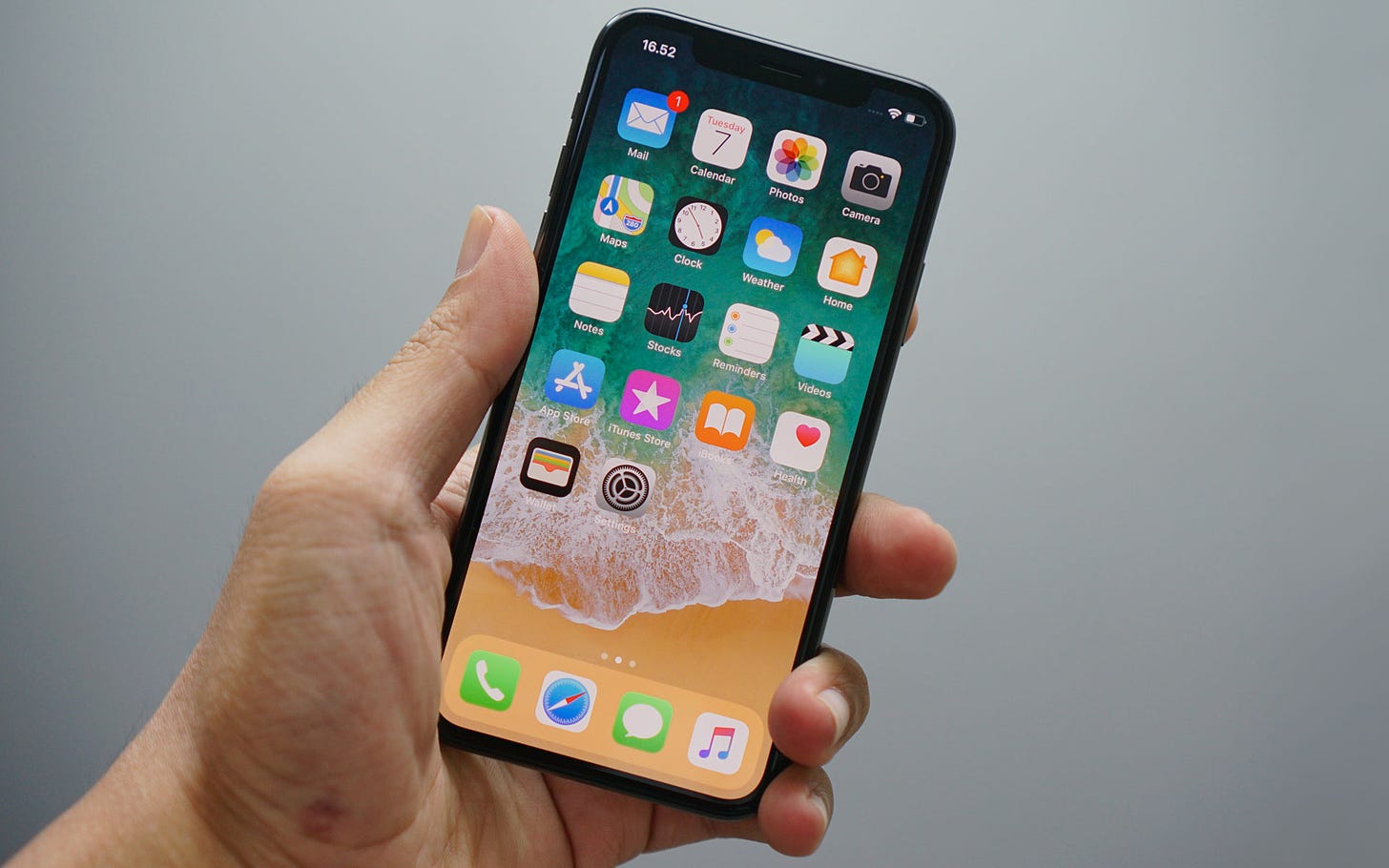Nine out of ten iPhones run iOS 14 - now, that is amazing
Want to know one of the main reasons for Apple's mobile success story? Look no further.

Many analysts and journalists have referred to the iPhone as a turning point for the mobile industry and, in retrospect, they were right: there have been quite a few smartphones before it, but not a single one had the impact of the iPhone on the specific way we use these devices today. Yes, the Apple brand played a role in all this. Yes, a number of iPhone features and functions were straight-up copied from other manufacturers later on. But Apple's smartphones would not have enjoyed that long a successful ride if customer satisfaction was not consistently sky-high. And iPhone owners would not unerringly prefer to upgrade to a newer iPhone model rather than anything else for no reason(s).
This week one of those reasons - maybe the one that drives customer satisfaction higher than any other - was once more highlighted by software analytics company Mixpanel. The company's most recent report on mobile trends noted that, at the beginning of April, no less than 90.45% (!) of users of Apple's operating system for the iPhone were running iOS 14. Yes: nine out of ten iPhones introduced in the last 5 and a half years are using the same version of iOS, an achievement that is as astounding as it is important for a number of different reasons.

Mixpanel's estimate is most probably accurate since it's aligned with Apple's own February data based on the App Store: that report put iOS 14 adoption rate at 86% for all iPhones introduced in the last 4 years and at 80% for all iPhones in use. That is correct: 8 out of 10 of practically every iPhone out there is based on the same operating system, since iOS 14 runs on the 2015 iPhone 6S (which came to market with iOS 9 preinstalled). In terms of what than means for feature parity, app compatibility and security of literally billions of iPhones, that percentage cannot be underestimated.
Android - compared to iOS - not only lags behind considerably as far as its latest version is concerned, but its infamous fragmentation problem is nowhere near to being solved in 2021, causing trouble to developers and consumers alike. Statcounter's March data put Android 11 in just above 9% of all smartphones based on Google's latest mobile operating system, while Android 10 commands no less than 41% of the same user base (even Android 9 hovers above the 19% mark). Android's fragmentation situation may not as bad as it used to be back in the 5/7/8 version days, but it remains bad enough so as to cause all kinds of problems, especially in security and app compatibility. There are just too many parties involved in the updating process of an Android phone, in stark contrast to Apple's approach which is as direct as it can be.

It's no wonder, then, that many consider Apple's "secret weapon" for market share stability the way it handles operating system upgrades: anyone getting an iPhone today can be certain that his/her device will be getting (at least) the next three versions of iOS for free, in a timely and largely trouble-free manner, as well as many security updates per year, all directly from the company's servers. No inconsistent timetables, no promised updates that never arrived, no carrier delays. It's "support as a service" in the predictable way consumers need it.
That is why the resale value of iPhones is much higher than that of equivalent Android models: chances are that any iPhone bought secondhand still has a year or two of software support left. And that is why, at the end of the day, a satisfied customer who feels that in 2 or 3 years has extracted more than enough use and value out of an iPhone, will go for an iPhone again. Until Google finds a way to match that - Android One was not adopted by enough manufacturers after all - Apple will always have an advantage in that area. Maybe it's time for the operating system currently known as Fuschia to finally break cover in 2021. How about that, Google?


